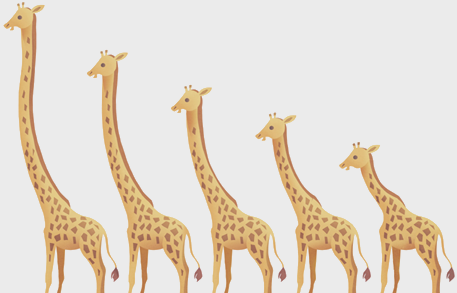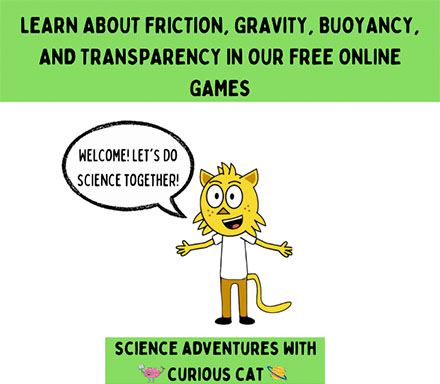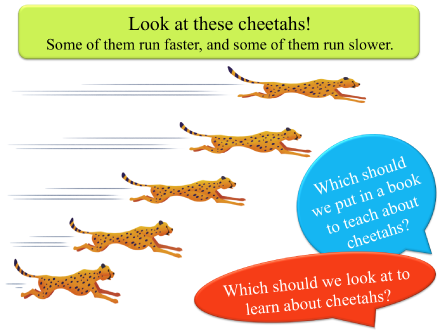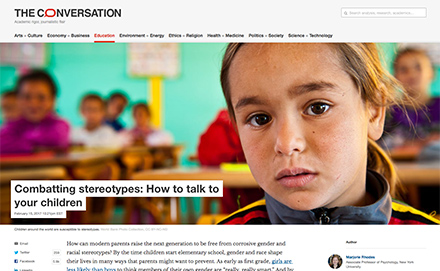Welcome Parents
We are the Princeton and NYU Discoveries in Action Lab (PANDA), a virtual research lab studying child development! We at PANDA are fascinated by young children – we want to discover how young children learn and reason about the world around them. We are thrilled to offer a variety of online studies for kids to help us answer these questions! All you need is a computer and a webcam to participate, and you and your child can do so wherever and whenever is best for you. Please explore our website to learn more, and sign up for a study if you’re interested! Thank you for stopping by!
Sign Up
Register here to participate in one of our studies! Parents will be guided through a simple sign-up process, and then will be able to see which studies their children are eligible for. Each family will have only one account, so no need to create extra accounts if you have more than one child!
Take Studies
After you’ve registered with PANDA, you and your child can begin a short online study! We have different studies for children of different ages, but we’ll let you know exactly which ones your child is eligible for. Our activities are engaging and fun for both kids and parents!
Have Fun & Earn Rewards
Once you’ve completed an online study, you and your child will receive an Amazon giftcard as a thank-you gift! Children can choose from the thousands of fun games, toys, and gadgets as a reward for their fantastic work in our studies. The more studies you complete, the more prizes you earn!
Sign up today, and see what studies are available.


Check Out BabyChildTeen@NYU!
Marjorie Rhodes’s Conceptual Development and Social Cognition (CDSC) Lab conducts research at New York University. CDSC’s studies all take place online on PANDA, but if you are in or around the NYC area and would like to participate in-person, there are many developmental labs at NYU that are still conducting studies in-person! To learn more about in-person research at NYU, please visit www.babychildteenatnyu.com.

Introducing Kids Doing Science!
Our team is excited to announce an exciting new resource related to the findings of our Pre-K Science Initiative! First, we’d like to extend our gratitude for your participation in online developmental research on PANDA. The goal of our Pre-K Science Initiative is to promote science engagement among all children in order to reduce disparities within the field of STEM.
That’s why we have created a website containing fun science games, at-home experiments, video tutorials, and research summaries all designed to promote children’s engagement and excitement about science. On kidsdoingscience.org, you can read about the results of our science initiative studies and learn about research-backed methods to engage your child with science. We invite you to enjoy and explore this exciting new resource and to share it with friends and family to spread the word. Once again, thank you for making our research possible and feel free to contact us with any questions or feedback via the form on the website. To get started, visit kidsdoingscience.org to start learning today!

Meet the PANDA Directors
The Princeton and NYU Discoveries in Action Lab is directed by Dr. Marjorie Rhodes (NYU) and Dr. Sarah Jane Leslie (Princeton). Drs. Rhodes and Leslie have been studying child development for the last decade. They are thrilled to introduce PANDA as a way to bring their shared research to an online platform!
PANDA & Affiliates in the News
Dr. Marjorie Rhodes recently published an article in The Conversation based on findings from studies in our lab! In this article, Dr. Rhodes describes how the language parents and caregivers use to talk about groups of people influences the stereotypes that children form.

Study Spotlight: Animal Discovery!
This study looks at how children learn new things about animal categories. We want to know: When children try to discover something new about animals, do they want to learn from average examples (e.g., a cheetah with average speed) or examples that are more extreme (e.g., the fastest cheetah in the world!)? This study will help us understand how children use categories to understand the world around them, and how children's reasoning strategies change across the course of child development.









